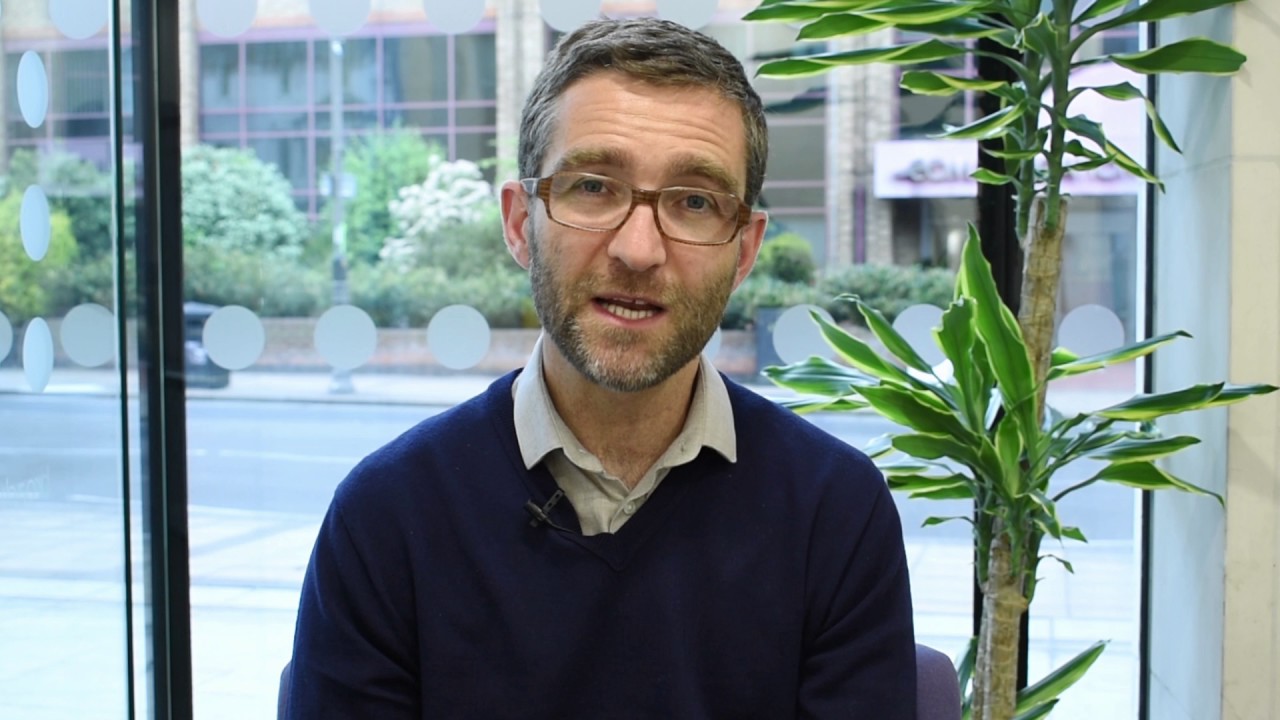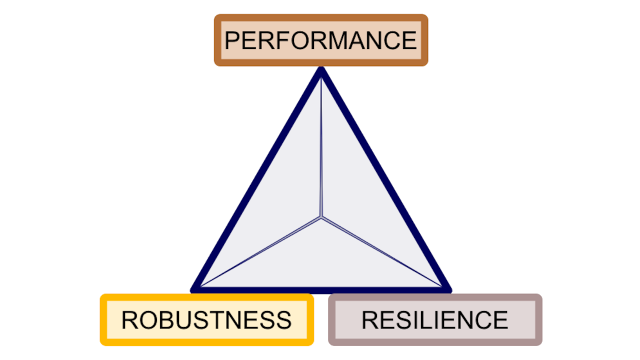
The potential for strengths-based performance conversations in HR management
One of the practices used in knowledge management is “appreciative inquiry” (AI), which is based on the proposition that the greatest potential for organisational change comes from understanding and building on strengths, rather than focusing on weaknesses1:
At its heart, AI is about the search for the best in people, their organizations, and the strengths-filled, opportunity-rich world around them. AI is not so much a shift in the methods and models of organizational change, but AI is a fundamental shift in the overall perspective taken throughout the entire change process to ‘see’ the wholeness of the human system and to “inquire” into that system’s strengths, possibilities, and successes.
Could an appreciative inquiry approach also be successfully applied to human resources (HR) performance management?
The UK-based Chartered Institute of Personnel and Development (CIPD) has explored this possibility in a recent field trial. The impetus for conducting the field trial was CIPD finding in their 2016 study2 of the evidence for what works in performance management that while there appeared to be merit in a strengths-based approach, high quality research in this regard was lacking.
The field trial3 looked at two interventions, both of which were designed to make performance conversations more strengths-based and effective. One of the interventions involved a discrete, one-off workshop to develop manager capability in leading strengths-based conversations. The other intervention was more extensive and holistic, and as well as a similar workshop also included additional training workshops, aligned changes in HR policy, supporting resources, and wider communication. The impacts of these interventions were tested through a robust field study with intervention (treatment) and control groups (no treatment) in a real-life organisational context.
The researchers conclude that:
Our research provides high-quality evidence that a simple training intervention focused on building strengths instead of fixing weaknesses positively influences the performance conversations that take place between managers and their staff, in particular the impact that these conversations have on performance.
Both interventions were found to have beneficial impacts, but the researchers state that:
However, we also find that a more holistic and extensive intervention – which includes wider communication, related changes in HR policy and set forms for guidance, as well as manager training – has additional impacts.
The researchers advise that further studies looking at what makes performance conversations more effective in general, and more specifically examining the strengths-based approach, would be useful. They advise that:
Conducting robust trials in ‘real-world’ contexts is an important aspect of how the HR and people development profession can engage with research, become more evidence based and ultimately make better decisions. We would encourage employers to work together with academic researchers to conduct more such trials, both to inform practices in their specific contexts and to contribute to the wider body of knowledge.
References:
- Stavros, J., Godwin, L., & Cooperrider, D. (2015). Appreciative Inquiry: Organization Development and the Strengths Revolution. In Rothwell, W., Sullivan, R., & Stavros, J. (Eds) Practicing Organization Development: A guide to leading change and transformation (4th Edition). Wiley. ↩
- Gifford, J. (2016). Could do better? Assessing what works in performance management. Chartered Institute of Personnel and Development (CIPD), December 2016. ↩
- Gifford, J., Urwin, P., & Cerqua, A. (2017). Strengths-based performance conversations: an organisational field trial. Chartered Institute of Personnel and Development (CIPD), November 2017. ↩
Also published on Medium.





